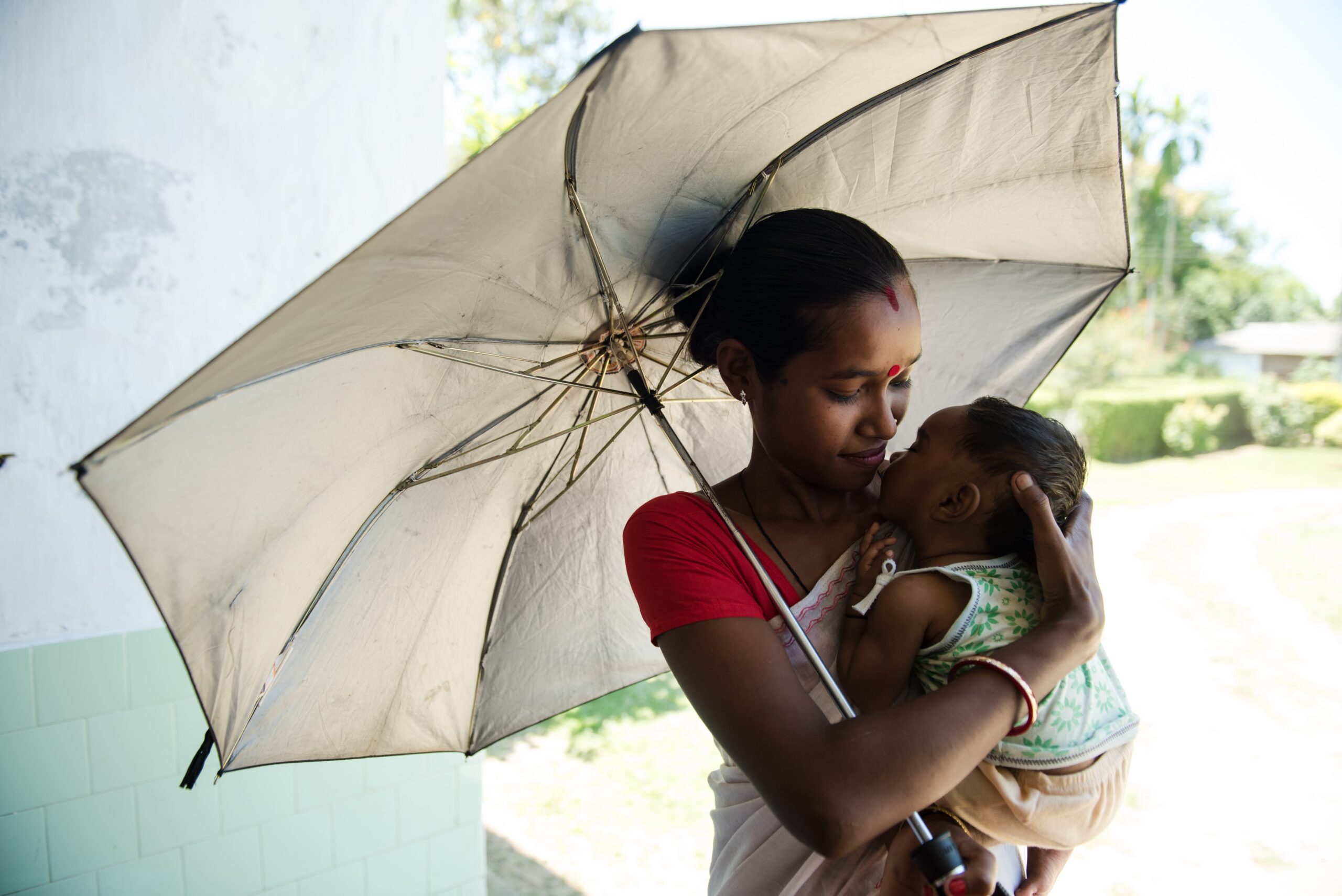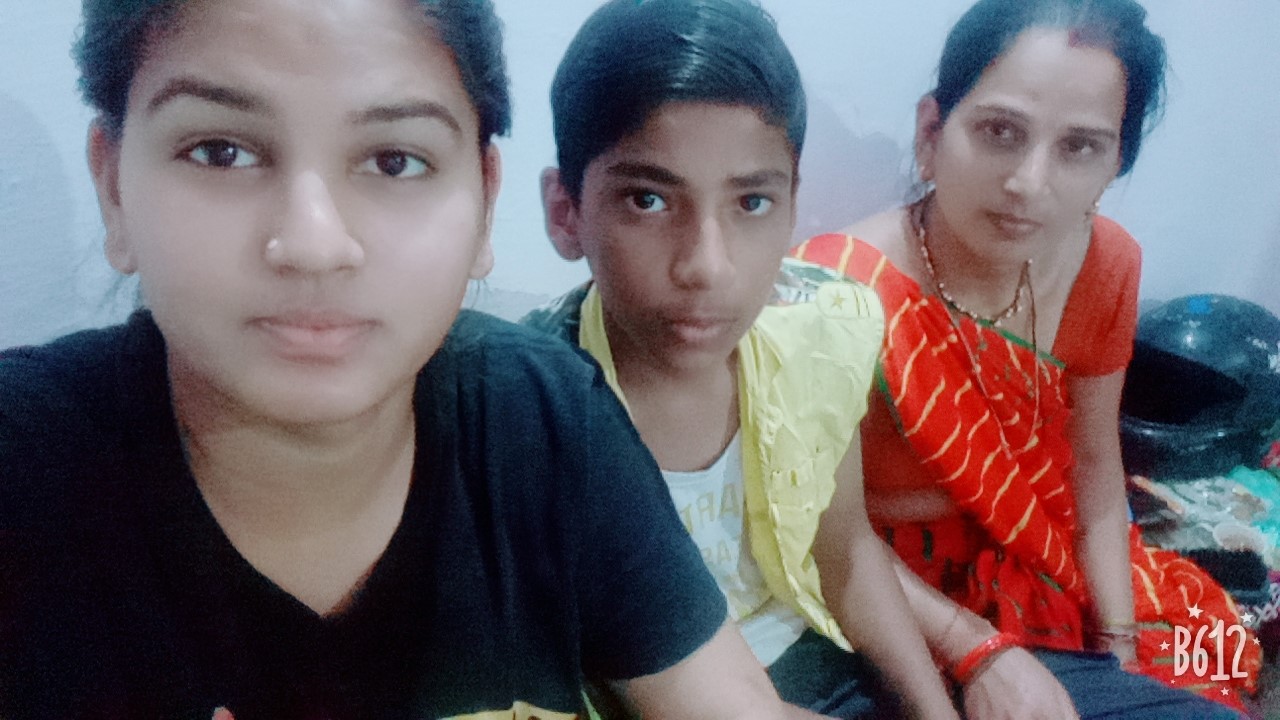
Rotavirus vaccines are working. For this, thank mothers

Mothers go above and beyond to care for their children. When a child falls ill with diarrhea, mothers are usually the first line of treatment—hopefully aided by oral rehydration solution, zinc, and the ability to access healthcare facilities if needed—and they help prevent sickness through everyday measures.
Mothers also play a key role in lifting each other up.
In my country, India, it worries me how diarrhea is easily dismissed as a natural part of growing up. I know diarrhea is a serious illness, so I always emphasized the importance of handwashing to my family. My cook, Shanti, had a very young son named Jay when my own children were school-aged, and when Jay had episodes of diarrhea, I would send her back home to look after him. Unfortunately, we knew that the other households where Shanti worked were not necessarily extending her the same courtesy, because it was “just diarrhea.”
In a recent conversation with Shanti – whose children are now also in school and doing very well – she emphatically said, “You know, Didi (elder sister), I was able to raise my children better because of what I experienced in your home: handwashing as soon as I entered. I practiced this at home, and I know for sure my children were not falling as ill as they earlier used to.”
 Having learned the importance of preventive measures like handwashing and vaccines, Shanti’s two children, Jay and Sakshi, have grown up healthy and going to school.Educating and empowering women caring for their families goes a long way—they have a unique power to protect the rest of their family from diseases like diarrhea with simple, cost-effective solutions like handwashing, nutrition, and, crucially, vaccination against rotavirus, the deadliest form of childhood diarrhea.
Having learned the importance of preventive measures like handwashing and vaccines, Shanti’s two children, Jay and Sakshi, have grown up healthy and going to school.Educating and empowering women caring for their families goes a long way—they have a unique power to protect the rest of their family from diseases like diarrhea with simple, cost-effective solutions like handwashing, nutrition, and, crucially, vaccination against rotavirus, the deadliest form of childhood diarrhea.
Vaccination in India continues to have poor coverage, and there is a great divide between public and private facilities. While my children were vaccinated at public facilities, Shanti took her children to a private doctor for their routine vaccination. Many years on, the penny dropped—I realized she and her family felt that the private sector was actually providing them something better because they had to pay for it! Since routine immunization in India is free, the credibility with families is sometimes under a cloud—even though it is completely safe. Encouraging other mothers to get their children vaccinated with all recommended vaccines according to the recommended schedule, whether in the public or private sector, is an endeavor in which we all need to play a part. We need strong community educators and activists like Raimoona, who helped ensure a young mother named Baksari vaccinated her daughter.
We need empowered mothers. In turn, mothers need policymakers to prioritize their access to these lifesaving tools in India and beyond.
We now have an abundance of data from countries in Africa, Asia, the Americas, and Europe showing us that rotavirus vaccines save not only lives, but also time and money. They prevent expensive outpatient treatments and hospitalizations from both rotavirus and all-cause diarrhea as well as family efforts to care for sick children, which costs families time and expenses for transportation and lost work. We’ve seen dramatic decreases in both diarrhea deaths and associated costs in Malawi and significant drops in diarrhea hospitalizations in places like Rwanda and South Africa. In the Philippines, a pilot introduction of ROTARIX resulted in a 60% decline in childhood hospitalizations due to diarrhea five years after the start of the program.
With two new India-made rotavirus vaccines now being used in India’s universal immunization program, as well as renewed efforts to improve water, sanitation, and hygiene, I am extremely optimistic about India’s fight against diarrhea. I am also optimistic about the potential for these vaccines for other countries—especially those in Asia who have not yet introduced rotavirus vaccines. It is estimated that, if all 43 countries in Asia were to achieve rotavirus vaccination coverage on par with other vaccines, rotavirus hospitalizations in the region would be cut in half.
Every time a mother takes her child to a clinic to receive vaccinations on time, she is contributing to the impressive global impact of vaccines. She is empowering her child, her family, her country, and her world.
Mothers have always led the way in protecting their children, and each mother can help the other. Their protectiveness spreads to those who are nearby. But that can only happen when communities and nations rise to meet them. With access to health tools and to education, mothers can continue to lead the way into a future without preventable disease. With vaccines, we are more equipped and empowered than ever before.
Photo 1: Monica Tiwari/International Vaccine Access Center
Photo 2: Sushmita Malaviya


